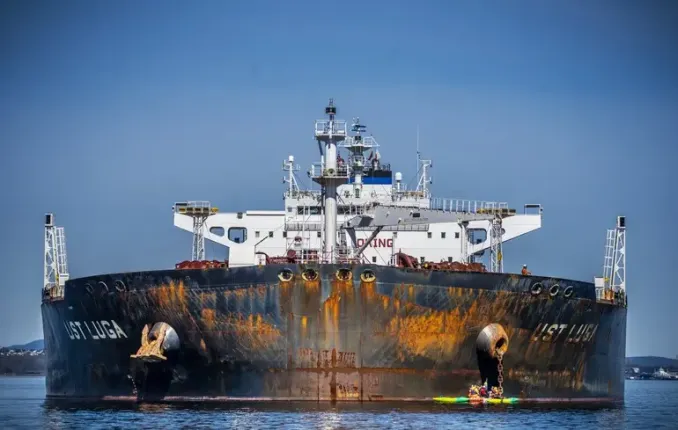Germany Intensifies Efforts to Counter Hidden Russian Fleet in the Baltic Sea

In response to growing concerns over environmental risks and the evasion of sanctions, Germany has taken steps to tighten oversight of maritime shipping in the Baltic Sea. This initiative aims to combat the Russian shadow fleet — outdated vessels that frequently attempt to circumvent international sanctions, particularly those targeting Russian oil imports. According to reports from the Financial Times, German authorities are now requiring owners of tankers heading east through the waters between the islands of Femer and Lolland to present insurance documents confirming compliance with European standards. These measures form part of a broader regional effort among Nordic countries to reduce the presence of old ships and prevent their use to bypass the oil embargo imposed by the G7. Meanwhile, Sweden and other neighboring nations have heightened their controls. G7 sanctions prohibit Western insurers from providing coverage to ships violating the $60 cap on Russian oil prices, but many vessels involved in the shadow fleet either rely on dubious insurers or operate without coverage altogether. German Foreign Minister Johannes Wadulf emphasized that the main goal is to increase pressure on this shadow fleet and protect the Baltic Sea from ecological and economic threats. Systematic insurance checks are viewed as a crucial step towards swiftly listing violator ships under sanctions and curbing their activity. Over recent years, environmental concerns have increased, especially regarding the numerous oil spills linked to illegal transportation, which pose significant threats to coastal states. Experts estimate that from 2022 to 2023, nearly thirty such incidents have involved these illicit vessels. The European Union is working on strengthening sanctions pressure on Moscow, aiming to counter efforts to evade restrictions. Discussions about a new package of economic sanctions include proposals to reduce the oil price cap from $60 to $45 per barrel. However, during recent EU meetings, the adoption of these measures was hindered by resistance from countries like Slovakia, which remains heavily dependent on Russian oil and gas. The shadow fleet provides Russia with economic gains but also presents an environmental hazard — polluting waters and disrupting ecosystems through illegal cargo transfers. Despite multiple initiatives, current measures to fight this phenomenon are insufficient, prompting experts to call for more radical approaches to diminish the scale of illegal transportation and enhance marine environmental protection.

